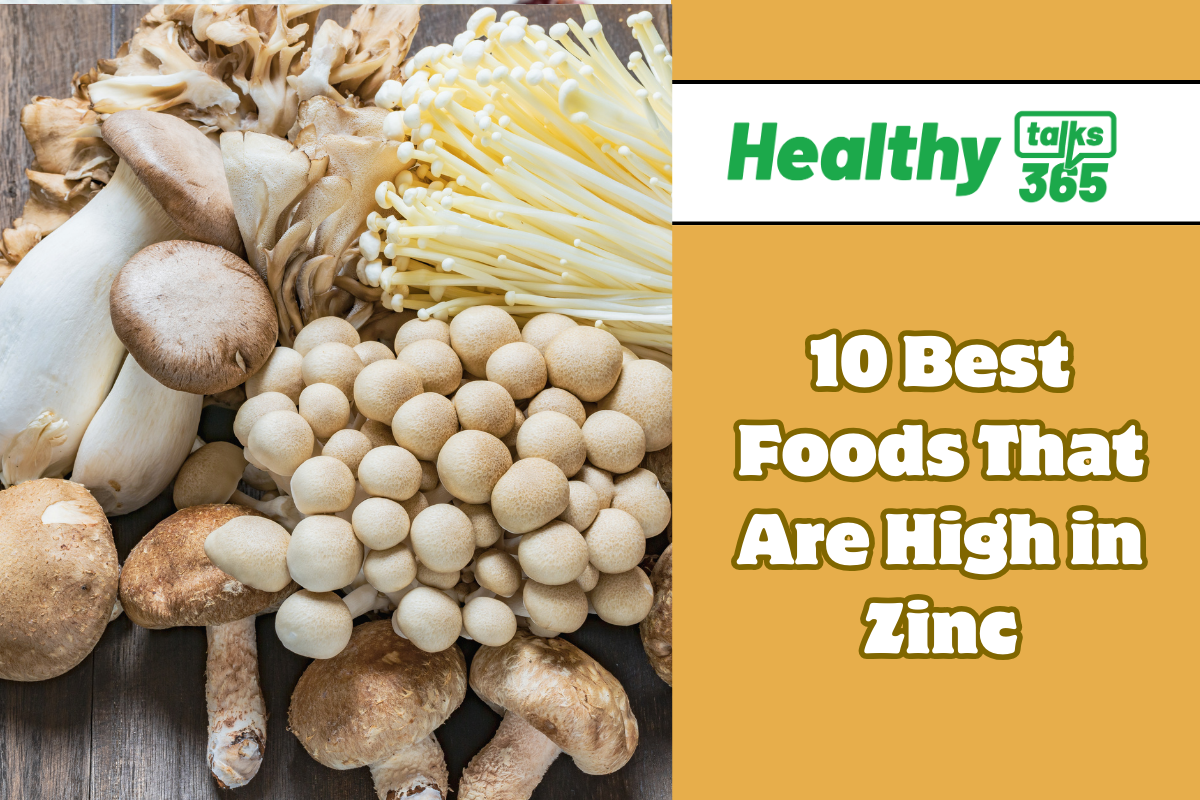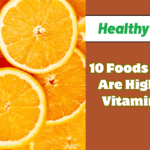10 Best Foods That Are High in Zinc
1. Oysters are high in zinc
Oysters are an excellent source of zinc, an essential mineral that plays a crucial role in various bodily functions. A single serving of oysters can provide up to 76 milligrams of zinc, exceeding the recommended daily intake. Zinc in oysters supports immune function, wound healing, and protein synthesis, while also contributing to healthy skin, hair, and eyes.
Additionally, zinc’s antioxidant properties help protect against cell damage and inflammation, making oysters a nutritious addition to a balanced diet. With their high zinc content, oysters are an ideal food for individuals looking to boost their immune system and overall health.
Read Also:
Depression: Meaning, Signs And Symptoms
2. Beef has high quantity of zinc
A 3-ounce serving of cooked beef can provide up to 3-4 milligrams of zinc, which is approximately 20-25% of the recommended daily intake. The zinc in beef supports immune function, wound healing, and protein synthesis, while also contributing to healthy skin, hair, and eyes.
Grass-fed beef and organ meats like liver and kidney tend to have higher zinc content than grain-fed beef, making them a nutritious choice for those looking to boost their zinc levels.
3. Chicken has high zinc
Chicken is good for zinc. Zinc is important for the body. It helps with the immune system and healing. Chicken can help you get enough zinc. But don’t have too much. Too much zinc is not good for you.
Different cuts of chicken have different amounts of zinc. So, eat chicken but also eat other foods with zinc. It’s good for your health.

4. Lamb is rich in zinc
The zinc in lamb supports immune function, wound healing, and protein synthesis and contributes to healthy skin, hair, and eyes.
Lamb is particularly high in zinc due to the animal’s grazing habits and diet, making it an excellent choice for individuals looking to increase their zinc intake and support overall health and well-being.
5. Pumpkin Seeds is a good source of zinc
Pumpkin seeds are a nutritious and tasty source of zinc. One ounce of pumpkin seeds provides approximately 2-3 milligrams of zinc, which is about 15-20% of the recommended daily intake.
Roasting pumpkin seeds can enhance zinc absorption, making them a crunchy and healthy snack that supports overall health and well-being. The zinc in pumpkin seeds supports immune function, wound healing, and protein synthesis while also contributing to healthy skin, hair, and eyes.
6. Cashews contain zinc in high quantity
Cashews are a delicious and nutritious source of zinc, with a single-ounce serving providing approximately 1.6 milligrams of zinc, which is about 10-12% of the recommended daily intake. The zinc in cashews supports immune function, wound healing, and protein synthesis, while also contributing to healthy skin, hair, and eyes.
Cashews are also rich in magnesium and copper, which work synergistically with zinc to support overall health and well-being. With their creamy flavor and crunchy texture, cashews make a tasty and healthy snack that boosts zinc levels and supports immune function.
7. Chickpeas contain zinc
Chickpeas are a nutritious and versatile legume that are a good source of zinc, an essential mineral that supports immune function, wound healing, and protein synthesis. The zinc in chickpeas is also accompanied by other essential nutrients like protein, fiber, and various vitamins and minerals, making them a nutritious addition to a balanced diet.
One cup of cooked chickpeas provides approximately 1.3 milligrams of zinc, which is about 9-10% of the recommended daily intake. With their mild flavor and versatility in recipes, chickpeas are a great way to boost zinc levels and support overall health and wellbeing.
8. Spinach is rich in zinc
Spinach is a nutrient-dense leafy green that is a good source of zinc. This essential mineral plays a crucial role in immune function, wound healing, and protein synthesis. Spinach contains approximately 1.4 milligrams of zinc, which is also accompanied by other essential nutrients like iron, calcium, and vitamins A and K.
This makes it a nutritious addition to a balanced diet. While the zinc in spinach is not as easily absorbed by the body as zinc from animal sources, it can still contribute to overall zinc intake and support immune function and overall health.
Read Also:
Way To Improve Your Mental Health And Become Best Version Of Yourself
9. Mushroom is a good source of zinc
Mushrooms contain zinc, which is important for our body. It helps our immune system and healing. Eating mushrooms can give us enough zinc, but don’t eat too many. Too much zinc is not good for us.
Mushrooms are also low in calories and contain vitamins and antioxidants. They can be enjoyed in soups, stir-fries, or salads.

10. Yogurt contains zinc in high quantity
The zinc in yogurt is highly bioavailable, making it easily absorbed by the body. Choosing zinc-rich yogurt varieties, such as those fortified with zinc or made from grass-fed cows, can further boost zinc intake.
One cup of plain yogurt provides approximately 1.2-1.5 milligrams of zinc, which is about 8-10% of the recommended daily intake.




